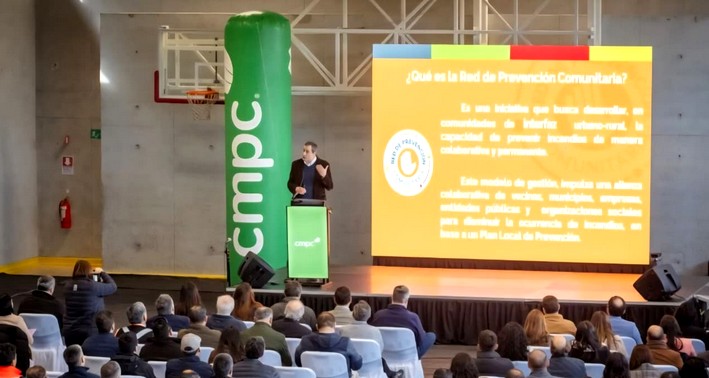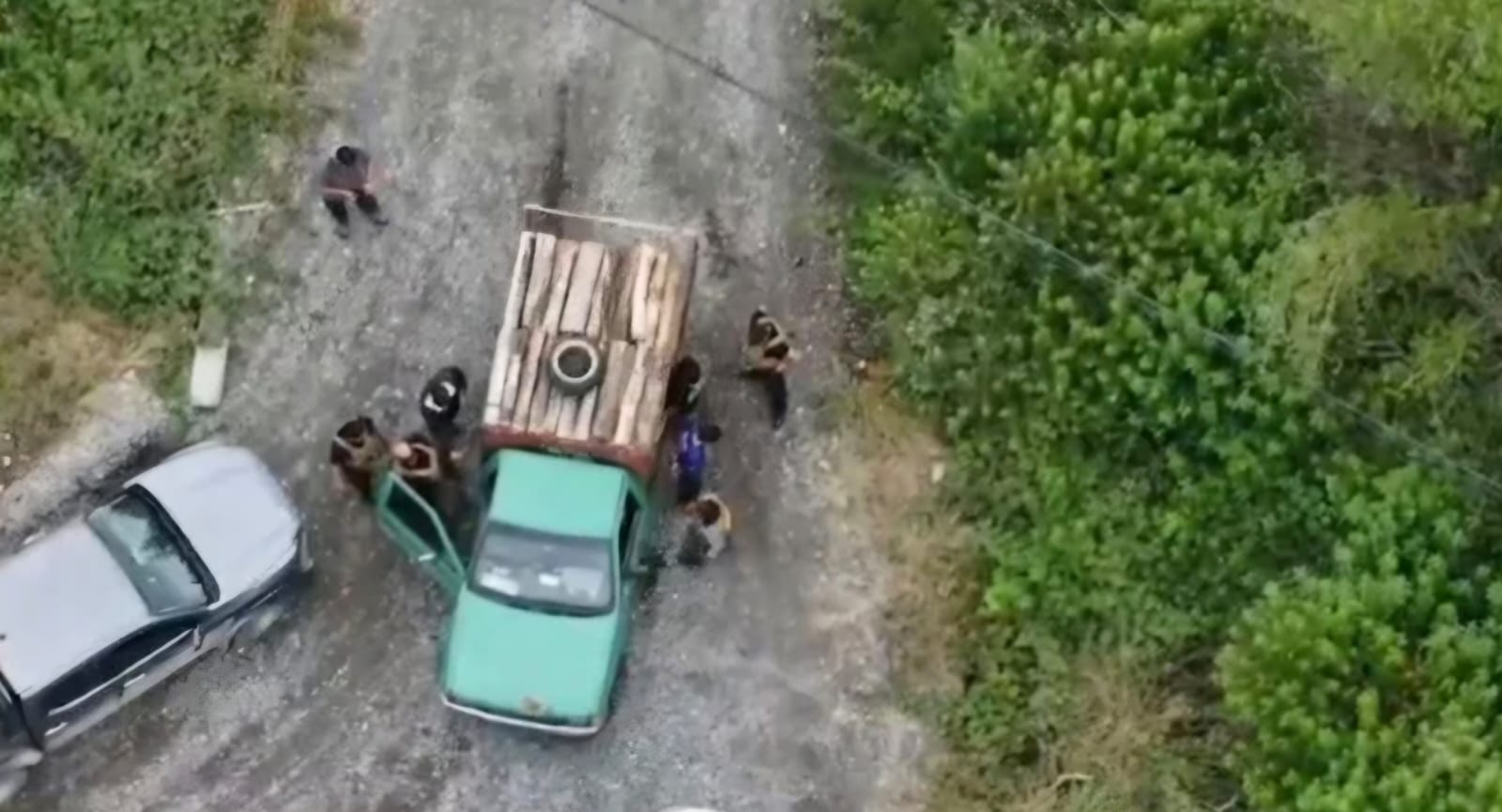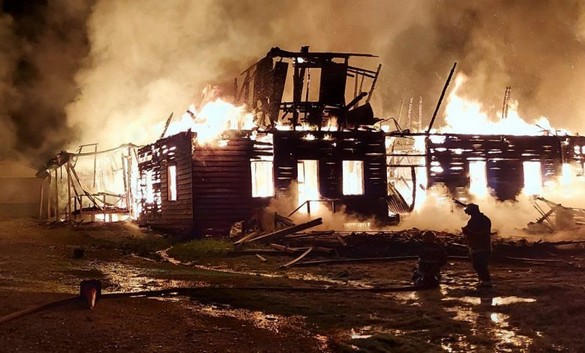In a context marked by climate change, unpredictable natural phenomena, and increasingly aggressive rural fires, CMPC promoted the training "Emergency Management and Operational Response for Municipal Teams," aimed at municipal officials from the provinces of the Biobío region.
The program, which was free and in-person, lasted 80 hours and was delivered by OTEC Mentory Capacitaciones through the National Training and Employment Service (Sence). Over the course of a month, participants were trained in prevention, coordination, and emergency control, with a focus on rural, structural, and housing fires, to prepare for the upcoming summer season.
PREVENTION AND COLLABORATIVE WORK
The closing ceremony of the course was held at the CMPC Corporate Building in Los Ángeles, where emergency managers from 11 municipalities received their diplomas and a prevention kit containing basic emergency supplies.
Beyond technical learning, attendees especially valued the opportunity to create provincial coordination networks, strengthening communication between municipalities and
generating bonds that will enable a faster and more effective response to emergencies.
During the ceremony, Karina Salamanca Salvo, Disaster Risk Management Officer of the Santa Bárbara Municipality, highlighted the positive impact of this training, especially for those who are new to emergency management roles.
"The course was excellent, not only for the learning but because it allowed us to create a support network among municipalities to better face emergencies. It is a great opportunity to coordinate public and private work, optimize resources, and strengthen local capacities," she stated.
For her part, Mayra Sepulveda, Director of Public Safety in Cabrero, emphasized the importance of public-private partnerships: "This course allowed us to understand different realities and work together. No municipality can face these situations alone, and thanks to CMPC, we are better prepared than last year."
CORPORATE AND PUBLIC COMMITMENT
During the ceremony, Ignacio Lira, Manager of Corporate Affairs for CMPC Forests, highlighted the importance of inter-institutional collaboration: "We all know that the challenge of wildfires can only be faced if we work together: municipalities, companies, the central government, the National Forestry Corporation (Conaf), and the National Disaster Prevention and Response Service (Senapred). This course reinforces that collaboration and prepares us to prevent tragedies."
From Conaf, its regional director Esteban Krause emphasized the key role of municipalities: "They are the ones closest to the territory and the community. This training, along with coordination with companies like CMPC, improves the prevention and control of fires."
Meanwhile, Alejandro Sandoval, Regional Director of Senapred Biobío, valued the professionalization of the teams: "This course allows municipal officials to get to know each other, coordinate, and respond better to disasters, strengthening the regional and communal prevention system."
TECHNICAL AND LONG-TERM VISION
Professor Emeritus of the University of Chile and Dr. in Bioclimatology, Fernando Santibáñez, highlighted the multiplier impact of this initiative: "Training municipal teams is essential because they transmit this knowledge to their communities. Fires do not only affect one municipality; they impoverish us all, which is why preparation must be collective."
For the upcoming summer season, the Biobío province will have better prepared, connected, and coordinated municipal teams, ready to protect their communities from fires and other natural disasters.
CMPC seeks to reinforce its commitment to prevention and early emergency management, strengthen local capacities, and promote coordination between public and private actors.
It is worth noting that the course is also being delivered to officials in the La Araucanía region.
Source:La Tribuna







Comments (0)
No comments yet. Be the first to comment!
Leave a comment